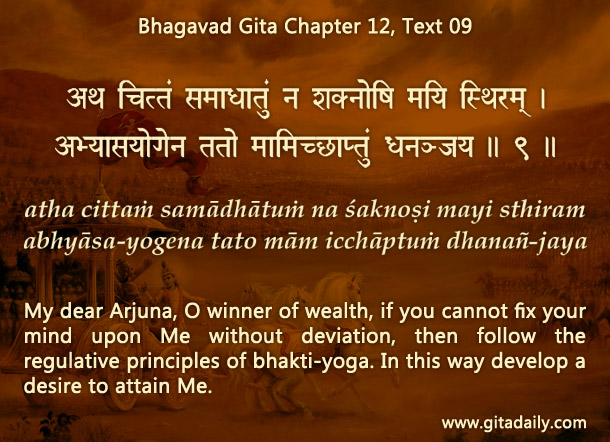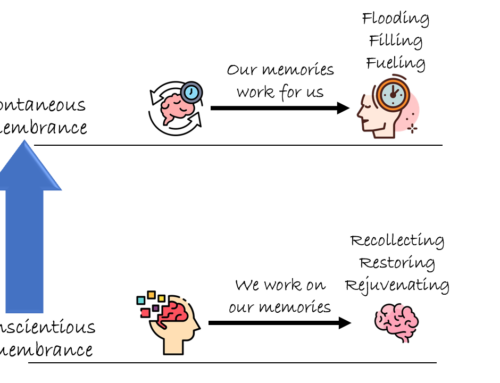Some people hold that the enlightened are free from all desires; they perceive that desire is often the cause of illusion, degradation and bondage. Because they discern self-sabotaging potential of desires, they understandably equate enlightenment with desirelessness.
However, Gita wisdom offers us a more complete understanding of the role of desire on the spiritual path. It acknowledges that desires are our primary driving force; without desire, we won’t seek to do anything, seek even to be enlightened. Rather than asking us to reject that which is our primary driving force, thereby leaving us with no driving force for our spiritual growth, the Gita urges us to cultivate desire for the supreme spiritual reality Krishna, thereby making this universal driving force as the driver of our spiritual growth.
Pertinently, the Bhagavad-gita (07.19) states that when we understand the ultimate reality to be the all-attractive divine, Krishna, we become enlightened (jnanavan) and wholeheartedly surrender to him. This implies that the enlightened state is not a state of desirelessness; it is a state of undistracted desire wherein all our desires are concentrated on Krishna; with our consciousness thus absorbed in him, we relish forever his supreme attractiveness.
And the Gita offers a time-tested powerful process for changing and channeling our desires constructively and spiritually. That process is bhakti-yoga, which helps us connect lovingly with Krishna in his multifarious manifestations and therein relish the sublime satisfaction of divine love. In fact, the Gita declares that practicing bhakti-yoga increases our desire for Krishna (12.09).
By such devotionally directed desire, we can experience something far more than the peacefulness that might come from a state of desirelessness; we can relish the unending joyfulness that comes through an endless reciprocation of love with Krishna.
One-sentence summary:
Enlightenment is not desirelessness; it is desire directed towards the divine
Think it over:
- Why is desirelessness equated with enlightenment?
- What is the problem in equating desirelessness with enlightenment?
- How does bhakti-yoga offer something higher than what desirelessness can?
***
12.09: My dear Arjuna, O winner of wealth, if you cannot fix your mind upon Me without deviation, then follow the regulative principles of bhakti-yoga. In this way develop a desire to attain Me.



Hare Krishna thanks prbhu ji
This beautiful reason to be desireful for eternal bliss has been simply and convincingly explained. Real enlightenment! Hare Krishna. Pranam
Thanks for your kind comment.